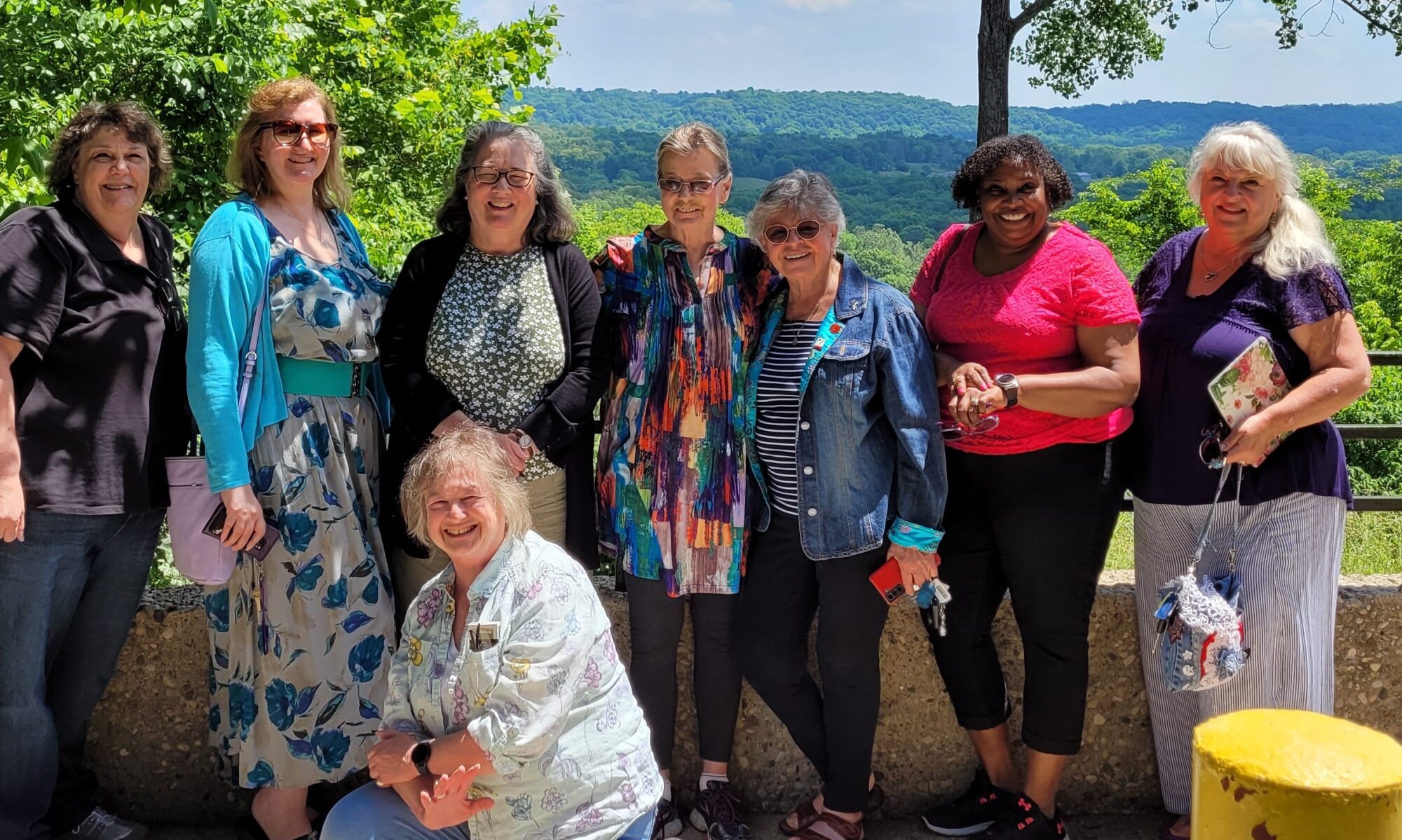 One of the best ways to learn more about writing is to talk with other, hopefully more experienced, writers.
One of the best ways to learn more about writing is to talk with other, hopefully more experienced, writers.
Conferences offer opportunities to hear about the various aspects of the craft. In one such panel I attended, a member of the audience asked if reading about a place or activity on the Internet or in books was as good as actually visiting the place. Members of the panel suggested going to a place, or learning how to do what you write about, enables you to see, smell, hear, feel, taste the setting of the story as well as meet people who might end up as characters in your story. Your experience will help you build a setting that “feels” real to your reader. After all, a writer, as a keen observer of people and places (most writers are), you can get a feeling for an individual’s cadence and the energy he exudes, in addition to his physical attributes. The old trope of writing what you know applies in this situation.
I was on a panel with a woman who spent six weeks of her life studying divination with the Tarot cards when she only wanted to use specific cards as threats in her story. By studying the process, she was able to make those threats have the feeling of reality. She was to develop the energy of the threat in addition to the specific cards.
 From my own life ~~ a friend in Florida used to describe how he loved sitting in his lanai for hours watching butterflies in his Monarch Garden. I heard his words, but I didn’t get what he was saying. Now, I feel untold joy as I watch the Sandhill Cranes in my own backyard. I get a feeling much like what I feel when I hold a new baby and so I have spent time making “friends” with my new pets~~ five-foot tall winged friends! When I want to write about the experience, my description will cover all of the senses to bring my readers into the scene.
From my own life ~~ a friend in Florida used to describe how he loved sitting in his lanai for hours watching butterflies in his Monarch Garden. I heard his words, but I didn’t get what he was saying. Now, I feel untold joy as I watch the Sandhill Cranes in my own backyard. I get a feeling much like what I feel when I hold a new baby and so I have spent time making “friends” with my new pets~~ five-foot tall winged friends! When I want to write about the experience, my description will cover all of the senses to bring my readers into the scene.
Additionally, some readers might miss the emotional importance of an event if they have not experienced it themselves. In that situation, the writer helps them along by describing more common experiences to which the reader might relate. Or s(he) might describe the feeling in more physiological details as in “racing heart” or “a catch in my breath as the tall fella looked at me through the glass of my storm door. He stood only feet away from me, turning his head from side to side to alternate eyes to inspect me. He was so tall that I practically looked directly into his eyes as he studied me. Now I understand the meaning of the term breath-taking. I also feel a stronger heart connection with other beings of this planet.”
As I write these thoughts, I realize how much more interesting my own descriptions could become if I actually applied these observations. Thanks for letting me solidify these thoughts.


I agree, Lorena. There’s no substitute for actual observation!
Great post, Lorena. Direct, personal experience adds so much authenticity to a writer’s work!
Congratulations on your emphasis on keen observation of the senses. It is not only insightful but also extremely helpful advice all authors should follow. In my first drafts I sometimes miss opportunities to bring extreme emotion into scenes, so it’s something I focus on while doing second and subsequent drafts. This was valuable advice for us all. Thank you for taking the time to put it so eloquently.
Lynda Rees, The Murder Guru